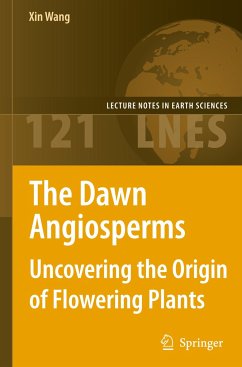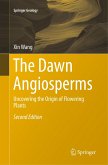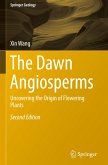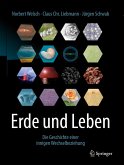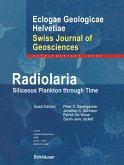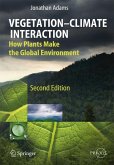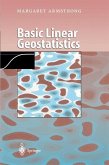This book about fossil plants of prehistoric angiosperms offers the newest research on their origin. It emphasizes the early Cretaceous and Jurassic materials and integrates multiple techniques to study the morphology, anatomy and phylogeny of the fossils.
Angiosperms are the most diversi ed plant group in the world, being represented by ca 300,000 species in about 400 families. Like all of Life, including ourselves, they have had their own history and gone through many evolutionary stages before they arrived at their current forms. The origin of Angiospermae ( owering plants) has been the subject of much dispute because this is a key event in the history of life, and has a far-reaching in uence on our understanding of relationships among seed plants as a whole as well as within the angiosperms. Until recently most of palae- otanists recognized angiosperms only from the Cretaceous and younger strata. This contradicts the results of molecular analyses. I have been working on Mesozoic fossil plants for the past two decades, during which time I have studied a number of fossil plants. Some of these fossil plants have been published as Jurassic angiosperms, and, unsurprisingly, many questions and doubts have been raised about them. These questions need to be addressed se- ously and journal papers do not provide suf cient space to compare and relate these early angiosperms. In this book these pioneer angiosperms are documented in detail, sometimes with new specimens not studied before. Also, I propose a de nition of angiosperms that could be adopted in palaeobotany. My aim is to improve clarity and objectivity of judgment about what constitutes a fossil angiosperm.
Angiosperms are the most diversi ed plant group in the world, being represented by ca 300,000 species in about 400 families. Like all of Life, including ourselves, they have had their own history and gone through many evolutionary stages before they arrived at their current forms. The origin of Angiospermae ( owering plants) has been the subject of much dispute because this is a key event in the history of life, and has a far-reaching in uence on our understanding of relationships among seed plants as a whole as well as within the angiosperms. Until recently most of palae- otanists recognized angiosperms only from the Cretaceous and younger strata. This contradicts the results of molecular analyses. I have been working on Mesozoic fossil plants for the past two decades, during which time I have studied a number of fossil plants. Some of these fossil plants have been published as Jurassic angiosperms, and, unsurprisingly, many questions and doubts have been raised about them. These questions need to be addressed se- ously and journal papers do not provide suf cient space to compare and relate these early angiosperms. In this book these pioneer angiosperms are documented in detail, sometimes with new specimens not studied before. Also, I propose a de nition of angiosperms that could be adopted in palaeobotany. My aim is to improve clarity and objectivity of judgment about what constitutes a fossil angiosperm.

